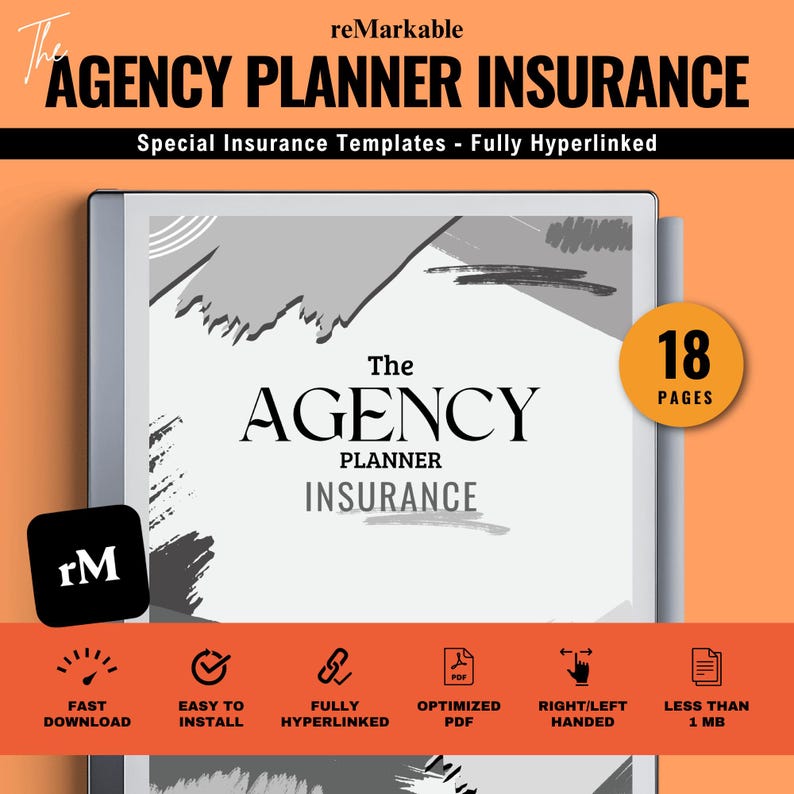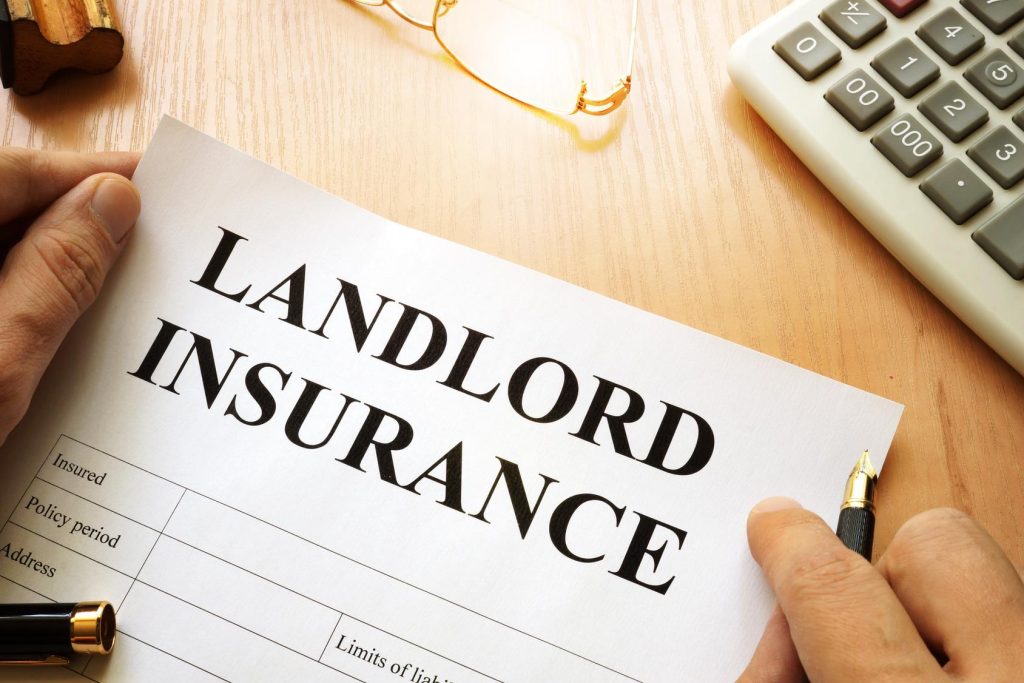If you’re a landlord diving into the world of short-term rentals, you already know it’s a fantastic way to maximize your property’s earning potential. But with great opportunity comes a unique set of risks—and that’s where landlord insurance comes into play. Navigating insurance for short-term rentals can feel a bit overwhelming, especially with the different coverage needs compared to traditional long-term leases. Don’t worry, though! In this article, we’ll walk you through essential landlord insurance tips tailored specifically for short-term rentals, helping you protect your investment, your guests, and your peace of mind. Let’s get started!
Table of Contents
- Understanding the Unique Risks of Short-Term Rentals
- Choosing the Right Coverage for Your Property and Guests
- Tips for Protecting Your Rental from Liability Claims
- How to Handle Claims and Stay Prepared for the Unexpected
- Wrapping Up
Understanding the Unique Risks of Short-Term Rentals
Managing a short-term rental presents a variety of challenges that traditional landlords might not face. Unlike long-term tenants, short-term renters come and go frequently, increasing the likelihood of property wear and tear, accidental damages, or even theft. Additionally, hosting multiple guests in a short span can raise safety and liability concerns, especially if proper vetting isn’t in place. This dynamic environment requires a customized approach to insurance that goes beyond standard landlord policies, ensuring protection against the unique incidents that might arise at any time.
Key risks to consider include:
- Frequent guest turnover: More foot traffic means a higher chance of accidental damages or property misuse.
- Liability exposure: Accidents on the property can lead to legal claims, which standard policies often don’t fully cover for short-term rentals.
- Personal property coverage: Furnished rentals need protection not only for the building but for furniture and belongings inside.
- Loss of income: Unexpected closures due to damage or legal issues can impact rental revenue, necessitating income protection clauses in insurance.
Choosing the Right Coverage for Your Property and Guests
When it comes to protecting your property and the guests who stay there, it’s important to find a balance between comprehensive coverage and cost-efficiency. Start by evaluating the specific risks associated with short-term rentals, like accidental damage by guests, liability for injuries on the property, and potential loss of rental income due to unforeseen events. Don’t overlook the value of coverage that includes both the physical structure and the personal property inside, such as furniture and appliances, to safeguard against theft or vandalism. In addition, consider policies that offer liability protection tailored to short-term rental scenarios, as traditional homeowner’s insurance often excludes this kind of use.
To make an informed choice, review your coverage options carefully and compare providers that specialize in short-term rental insurance. Look for features like:
- Flexible liability limits to protect against guest injuries or property damage claims
- Coverage for loss of income if your listing becomes temporarily uninhabitable
- Guest damage protection that goes beyond security deposits
- Optional add-ons such as natural disaster coverage or legal expense reimbursement
By tailoring your insurance plan to these unique needs, you can rest easy knowing that both your property and your guests are well-protected under any circumstance.
Tips for Protecting Your Rental from Liability Claims
When it comes to safeguarding your short-term rental investment, taking proactive steps can significantly reduce your exposure to liability claims. Start by ensuring that your property is well-maintained and free of hazards. Regularly inspect key areas such as stairways, balconies, and swimming pools to address any potential dangers. Clear and visible safety signage can also help guests understand rules and avoid accidents. Additionally, requesting security deposits and setting clear rental agreements that outline guest responsibilities can provide an extra layer of protection.
Effective communication is another powerful tool. Make your guests aware of emergency contacts and the location of safety equipment like fire extinguishers and first-aid kits. Consider installing security cameras in exterior common areas—not only to monitor safety but also to deter vandalism or theft. Finally, partnering with insurance providers that specialize in short-term rental coverage ensures that you have tailored protection for unique risks, helping you rest easy knowing your property and finances are secure.
- Conduct regular property safety audits
- Use detailed rental agreements and clear house rules
- Communicate emergency procedures upfront
- Install security features for peace of mind
- Opt for specialized short-term rental insurance policies
How to Handle Claims and Stay Prepared for the Unexpected
When unexpected situations arise, having a clear plan for handling claims can save you time and reduce stress. Start by documenting everything thoroughly — photos, dates, and detailed descriptions are invaluable when filing a claim. Keep an organized digital folder where you can quickly access rental agreements, insurance policies, and correspondence with guests. This preparation ensures that when you do need to communicate with your insurer, you’re equipped with all the necessary information at your fingertips.
Staying proactive means anticipating potential issues before they escalate. Consider implementing routine property inspections and addressing minor repairs immediately to prevent costly damage later. Additionally, keep these quick tips in mind:
- Report claims promptly to avoid delays in processing.
- Maintain open communication with your insurance provider to understand what’s covered and what’s not.
- Review your coverage annually to adjust for changes in your rental property or local regulations.
By weaving these habits into your landlord routine, you’ll be better prepared to tackle unexpected challenges head-on and safeguard your short-term rental investment.
Wrapping Up
Navigating the world of short-term rental insurance can feel overwhelming, but with the right knowledge and preparation, you’ll protect both your property and peace of mind. Remember, the key is to choose coverage that fits your unique needs, keep thorough records, and stay informed about any policy updates. By taking these essential steps, you’ll create a safer, more successful rental experience—for you and your guests. Here’s to stress-free hosting and happy stays!






